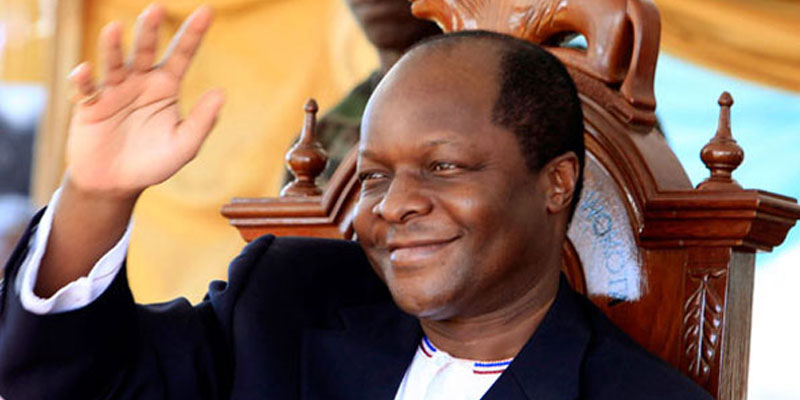At last week’s Buganda Kingdom Youth Celebrations, the Kabaka of Buganda, Ronald Muwenda Mutebi, renewed the need for Uganda to revert to a federated status of governance. Many Ugandans are not normally aware that the country was a federal structure at the time of Independence in 1962.
Then, there were five kingdoms: Buganda, Bunyoro, Tooro, Busoga and Ankole. These were interspersed among and within the tribal Native Local Governments, each with its administration. During the British Colonial rule, there was no conceivable tension in this structure. Problems only surfaced when the Uganda People’s Congress Government of Dr. Apolo Milton Obote, sought to and abolished the kingdoms. It is logical to regard that ever since then there has been political stress.
Our recent history is replete with these pressures that have culminated in coups, liberation and rebel activities. Needless to say, all these have brought in suffering to the people.
Into the first years of the National Resistance Movement (NRM) Government, the Justice Benjamin Odoki Constitutional Review Commission, sought views nationally as to how we should be governed. One of the ideas that emerged was that a federal structure of government be instituted. This has consistently been ignored, but it has not abated political tensions erupting from time to time.
One of those was that the northern part of the country should secede to form the Nile Republic. Of course, this patterns the Buganda Kingdom demand then to secede. In recent national campaigns, there has even been a party advocating for a federation. As much as these things are swept under apparent populism of the NRM Government, the demand to revert to a form of federalism that the Colonial Administration left us with keeps cropping up.
It means there is a latent justification for it. There have been arguments that some parts of Uganda would be economically more endowed than others. These arguments were popular during the times of the boom for coffee, cotton and copper. Yet, it is foreseeable that these things did not inadvertently factor in the general uplifting of the entire population of Uganda. Now, there are arguments of oil.
Into this is the perception that the concentration of power into a central government has advantaged only those people in power, regardless where they emanate from; that the national cake is not equally shared. Observing the state of things, this seems to bear justification.
The opposing arguments are that this country is endowed with all attributes of economic sustenance, regardless of what part of the country it is. Indeed, the most backward part of the country at the moment, Karamoja, is to the contrary, the most endowed with minerals. In fact all Uganda is endowed with economic attributes that would sustain the people living in that area. So, it is not right to claim that one part of the country would be at an advantage over another.
Actually, that is why a federal system of government would be ideal for the country. This is because each ethnic group would work very hard to develop its area and people.








